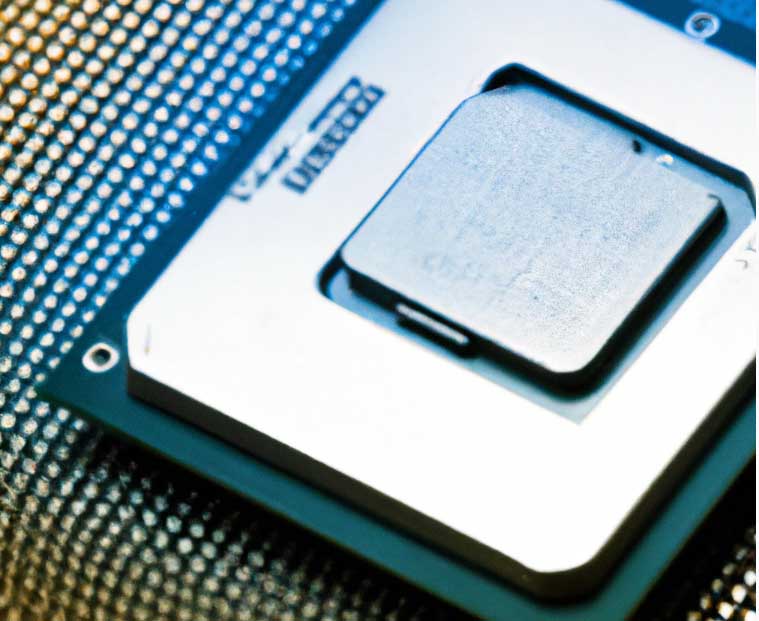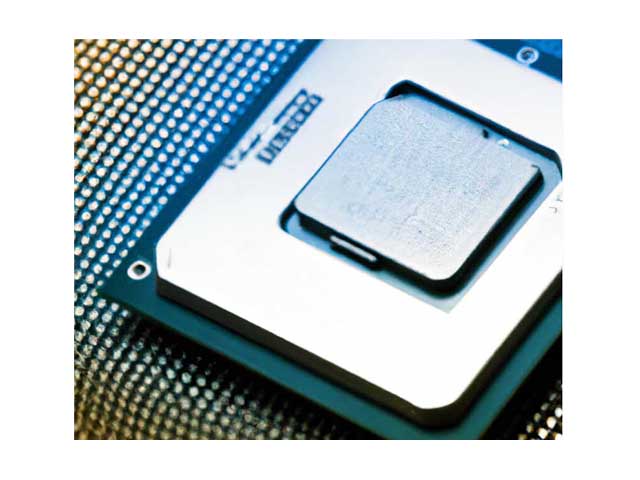A Brief History of Computer Processors
The history of processors, or central processing units (CPUs), dates back to the early days of electronic computers. A CPU is the primary component of a computer that performs all of the operations and calculations that make a computer work.
Here is a brief overview of the history of processors:
Early Computers (1940s-1960s)
The first electronic computers, such as the ENIAC and UNIVAC, used vacuum tubes and mechanical switches to perform calculations. These early computers were large, expensive, and slow, but they laid the foundation for the development of modern computers.
Transistor Era (1950s-1960s)
The invention of the transistor in 1947 revolutionized the computer industry. Transistors replaced vacuum tubes, making computers smaller, faster, and more reliable. In the late 1950s and early 1960s, the first transistor-based computers were developed, including the IBM 7090 and the DEC PDP-1.
Microprocessor Era (1971-Present)
The microprocessor, a single chip that contains a CPU, was invented in 1971 by Intel. This innovation made it possible to create compact, inexpensive computers that could be used by individuals and businesses. The first microprocessor-based computer was the Busicom LE-120A, which was followed by the release of the Intel 4004, the first commercially available microprocessor.
Personal Computers (1975-Present)
The release of the Apple I in 1976 marked the beginning of the personal computer revolution. The availability of affordable, user-friendly computers paved the way for the widespread adoption of computers in homes and businesses. In 1981, IBM introduced the IBM PC, which became the standard for personal computing and helped establish the PC as the dominant computing platform.
Advancements in Processor Technology (1980s-Present)
The 1980s and 1990s saw significant advancements in processor technology, including the introduction of the 32-bit CPU, the development of RISC (Reduced Instruction Set Computing) architecture, and the widespread use of multi-core processors. Today, processors are faster and more powerful than ever, enabling the creation of sophisticated computing devices and driving innovation in fields such as artificial intelligence, virtual reality, and the Internet of Things.
The history of processors reflects the ongoing evolution of computer technology, as engineers and researchers work to create faster, more efficient, and more capable computers.

